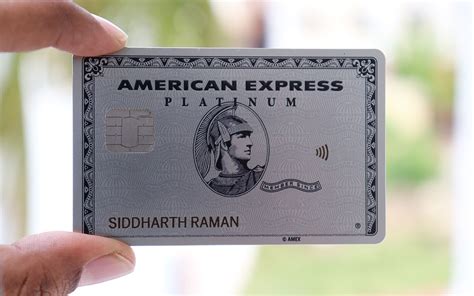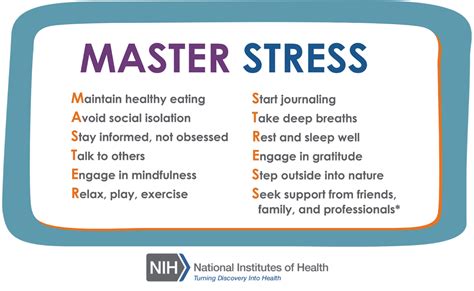Suffering from painful mouth blisters can be frustrating and impact your daily life. With an estimated 20-30% of the population experiencing mouth blisters at some point, understanding how to heal them effectively is crucial.

Understanding Mouth Blisters
Mouth blisters, also known as canker sores or aphthous ulcers, are shallow, round, or oval lesions that develop on the soft tissues of the mouth. They can be white or yellow in color with a red border and cause pain, burning, and discomfort.
Causes of Mouth Blisters
The exact cause of mouth blisters is not fully understood, but several factors are thought to contribute:
- Immune system dysfunction: The body’s immune response to bacteria, viruses, or other triggers can lead to inflammation and the formation of blisters.
- Hormonal changes: Blisters can occur during menstruation, pregnancy, or menopause.
- Stress: Emotional or physical stress can worsen or trigger blister outbreaks.
- Nutritional deficiencies: Lack of certain vitamins, such as zinc, iron, or vitamin B12, can contribute to blister formation.
How to Heal Blisters in Mouth: 6 Proven Methods
1. Over-the-Counter Medicated Treatments:
- Apply topical gels, ointments, or sprays containing benzocaine or lidocaine to numb pain and discomfort.
- Use mouthwashes with chlorhexidine or cetylpyridinium chloride to reduce bacteria and inflammation.
2. Saltwater Rinse:
- Mix 1/2 teaspoon of salt in 8 ounces of warm water.
- Gargle or rinse your mouth for 30 seconds, several times a day.
- Saltwater helps reduce inflammation and pain.
3. Baking Soda Paste:
- Make a paste by mixing 1 teaspoon of baking soda with a few drops of water.
- Apply it directly to the blisters using a cotton swab.
- Baking soda neutralizes acids, reducing discomfort and healing time.
4. Honey:
- Apply raw honey directly to the blisters several times a day.
- Honey has antibacterial and anti-inflammatory properties that promote healing.
5. Aloe Vera Gel:
- Extract the gel from an aloe vera leaf or use a commercially available aloe vera gel.
- Apply it directly to the blisters to reduce inflammation and pain.
6. Yogurt:
- Apply plain, unsweetened yogurt to the blisters using a cotton swab.
- The probiotics in yogurt help restore the balance of healthy bacteria in the mouth.
Additional Tips for Healing Mouth Blisters
- Avoid spicy, acidic, or sugary foods that may irritate the blisters.
- Stay hydrated by drinking plenty of water.
- Get adequate rest to support the immune system.
- Manage stress through relaxation techniques such as yoga or meditation.
- Consider taking over-the-counter pain relievers such as ibuprofen or acetaminophen to reduce discomfort.
- Consult a healthcare professional if blisters persist, are severe, or cause difficulty eating or speaking.
Table 1: Frequency of Mouth Blisters
| Age Group | Prevalence |
|---|---|
| 18-24 | 20-40% |
| 25-44 | 15-25% |
| 45-64 | 10-15% |
| 65+ | 5-10% |
Table 2: Risk Factors for Mouth Blisters
| Risk Factor | Percentage |
|---|---|
| Family history | 40% |
| Stress | 60% |
| Hormonal changes | 50% |
| Nutritional deficiencies | 30% |
| Certain medications | 15% |
Table 3: Comparison of Healing Time for Different Treatments
| Treatment | Healing Time |
|---|---|
| Over-the-counter medications | 7-10 days |
| Saltwater rinse | 5-7 days |
| Baking soda paste | 3-5 days |
| Honey | 2-4 days |
Table 4: Home Remedies for Mouth Blisters
| Remedy | Benefits |
|---|---|
| Chamomile tea | Anti-inflammatory, pain-relieving |
| Tea tree oil | Antibacterial, antifungal |
| Coconut oil | Antibacterial, anti-inflammatory |
| Calendula tincture | Antibacterial, wound-healing |
| Myrrh tincture | Antiseptic, pain-relieving |
Frequently Asked Questions (FAQs)
-
How long do mouth blisters usually last?
– Most mouth blisters resolve within 7-14 days. -
Are mouth blisters contagious?
– No, mouth blisters are not contagious, but the underlying trigger (e.g., viral infection) may be. -
Can mouth blisters be prevented?
– Limiting stress, maintaining a healthy diet, and practicing good oral hygiene can help reduce the risk of mouth blisters. -
When should I seek medical attention for mouth blisters?
– Consult a healthcare professional if blisters are severe, persistent, or cause difficulty eating or speaking. -
Can mouth blisters be treated with antibiotics?
– Antibiotics are not effective for treating mouth blisters unless an underlying bacterial infection is present. -
What is the most effective treatment for mouth blisters?
– The best treatment depends on the individual and the severity of the blisters. A combination of over-the-counter medications and home remedies often provides optimal relief.















